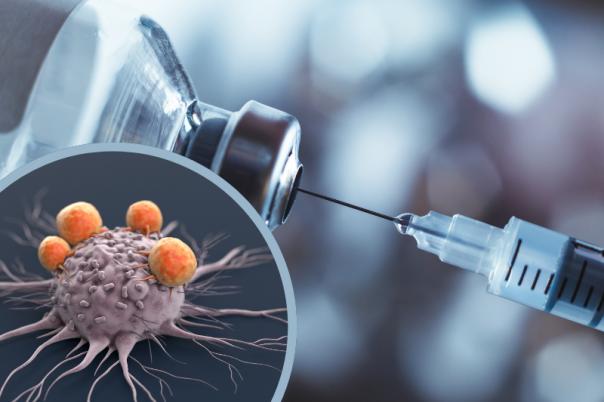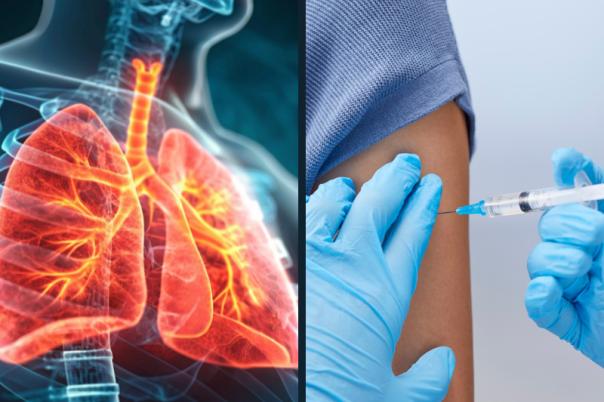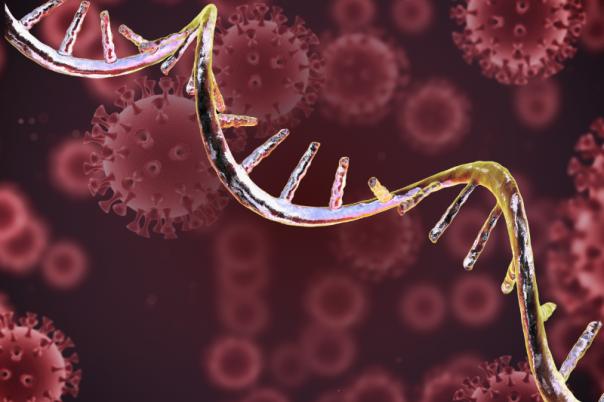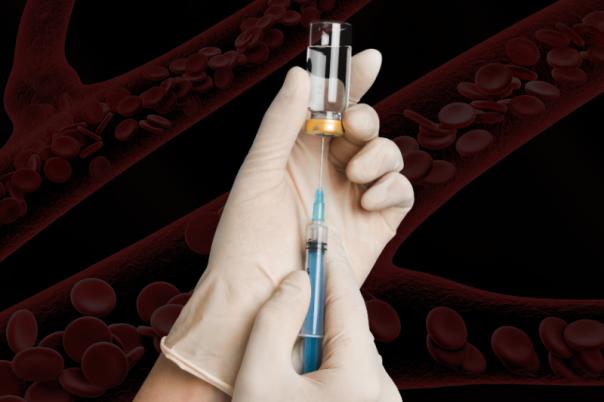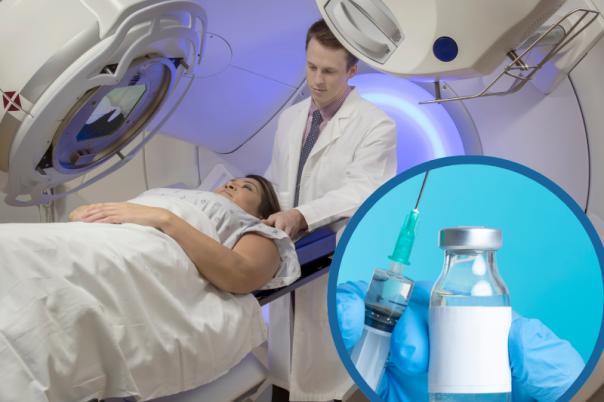Even before the COVID-19 outbreak, there was a recognised need for a coordinated international and intergovernmental initiative to develop and deploy new vaccines to prevent future epidemics. That led to the formation of the Coalition for Epidemic Preparedness Innovations (CEPI) in 2017, with a mission to accelerate the development of and access to vaccines for emerging diseases, it includes a coalition of public, private, philanthropic, and civil society organisations.
This meant that when the pandemic hit the world, CEPI were ready to advance the development and roll-out of a vaccine for COVID-19. In 2020, the coalition established a global network of laboratories to focus on immunological assays in support of COVID-19 vaccine licensure.
Bethan Hussey, Senior Project Team Leader at the UK Health Security Agency (UKHSA), explains in this presentation how the UKHSA came to be a part of this network, and their role in supporting this world-wide effort.
The UKHSA have tried and tested expertise in supporting clinical trials, sporting GCP compliant testing facilities and a wealth of knowledgeable scientists that support the setup of validated assays. Not only does the agency operate CL2, BSL2, and BSL3 laboratories, but also two brand new purpose built buildings to support assays for vaccine development.
The assays to support the COVID-19 vaccine were chosen based on their detection of immune markers. They included MNA, PNA, ELISA, and ELISpot. Hussey stressed critical factors during the tech transfer process, these involve understanding the lab setup, equipment, and safety procedures, with detailed gap analysis and training at a distance. Challenges include adapting operating and safety procedures, ensuring assay consistency, and overcoming import barriers for reagents.
Finally, Hussey described where the network is going next. CEPI and the network are now turning their focus to the other priority diseases that the WHO have identified. They now aim to expand their assay capabilities to tackle these diseases and prepare for the potential next pandemic. Furthermore, the network continues to grow, reaching into new corners of the globe.


